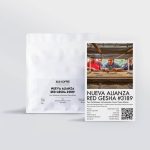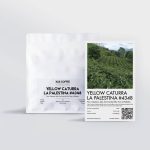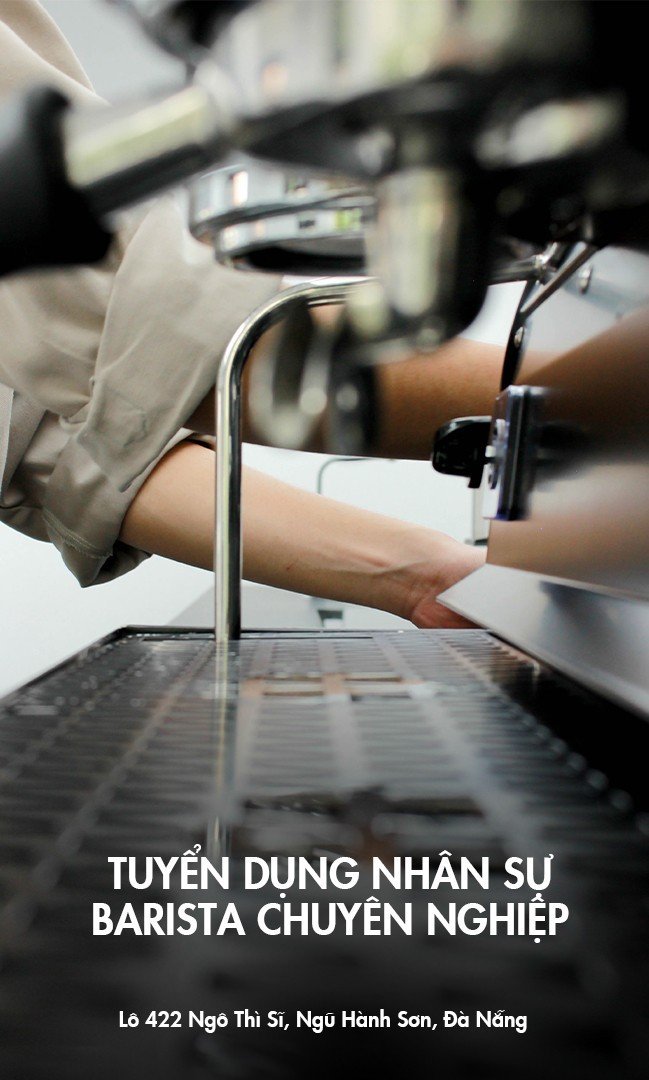Disposable cups made from bamboo or sugarcane bagasse may contain harmful substances!
– PROTECT THE ORIGIN –
Cups made of bamboo or sugarcane bagasse were once considered environmentally friendly cups because they are easily decomposable and safe for users. However, recently, world scientific organizations have issued statements declaring that disposable cups made from bamboo or sugarcane bagasse may contain harmful plastic, contaminate food, and affect health. What is the truth? Verify with 43 Factory Coffee Roaster!
Disposable cups made from bamboo or sugarcane bagasse may contain toxic plastic
According to research in the Journal of the National Library of Medicine, bamboo or sugarcane bagasse lacks the same horizontal structure as wood, and cannot conduct adhesive flow. Therefore, phenol-formaldehyde (PF) resin can be used to increase adhesion in products made of bamboo or sugarcane bagasse. Manufacturers can also apply formaldehyde glue to process joints for disposable cups made from bamboo or sugarcane bagasse. Formaldehyde is very soluble in water and is oxidized by oxygen in the atmosphere. At concentrations above 0.1 mg/kg of air, inhalation of this substance can cause reactions such as watery eyes, headache, burning sensation in the throat and difficulty breathing. If ingested, formaldehyde can be converted into formic acid, leading to dangerous poisoning symptoms including increased heart activity, rapid breathing, hypothermia, coma and even death.
In addition, wildlife charity WWF-UK has stated that cups made from bamboo or sugarcane bagasse can contain 20% melamine. Melamine is a chemical that has been proven by research to distort the protein content of foods, affecting the health of children and pets.

Disposable cups made from bamboo or sugarcane bagasse create harmful substances if used with coffee
The scientific advisory agency Committee on Toxicity has researched and concluded that the amount of formaldehyde and melamine contained in cups made from bamboo or sugarcane bagasse is a potential concern for human health. Substances can leach into food, especially when containing high-temperature or acidic liquids such as coffee. If used daily, the concentration of PF plastic emitted from some disposable cups made from bamboo or sugarcane bagasse would exceed the acceptable daily intake. It can be up to 30 times for adults and 120 times for children. Increased levels of melamine and formaldehyde can be dangerous for body functions, especially the kidneys. Microplastics can react with acids and substances in coffee to create compounds that affect the excretory system and nerve cells.

As a sustainable development business that puts responsibility for the environment and customers first, XLIII Coffee – The predecessor brand from 43 Factory Coffee always researches and understands the impact of each task in the production and supply process. product response. We always choose the most sustainable and safest materials for users.

We refuse to use plastic cups, disposable cups and other squeezable plastic cups. We encourage customers to use personal cups and serve glass cups at all XLIII Coffee stores. Customers can fully enjoy the unique flavor of specialty coffee without worrying about harmful plastic issues, ensuring safety and minimizing negative impacts on the environment. In addition, experiencers can choose rustic roasted coffee beans made from paper boxes and biological bags that can be recycled and decomposed naturally. If you like it, please visit XLIII Coffee!
Don’t forget to follow 43 Factory Coffee Roaster’s news channel to update useful news!
Related articles:
– Discover a new experimental method – lactic fermentation in coffee
– Drinking a lot of coffee can help reduce age-related weakness
– Sri Lankan coffee industry – Representative of outstanding development and recovery efforts






